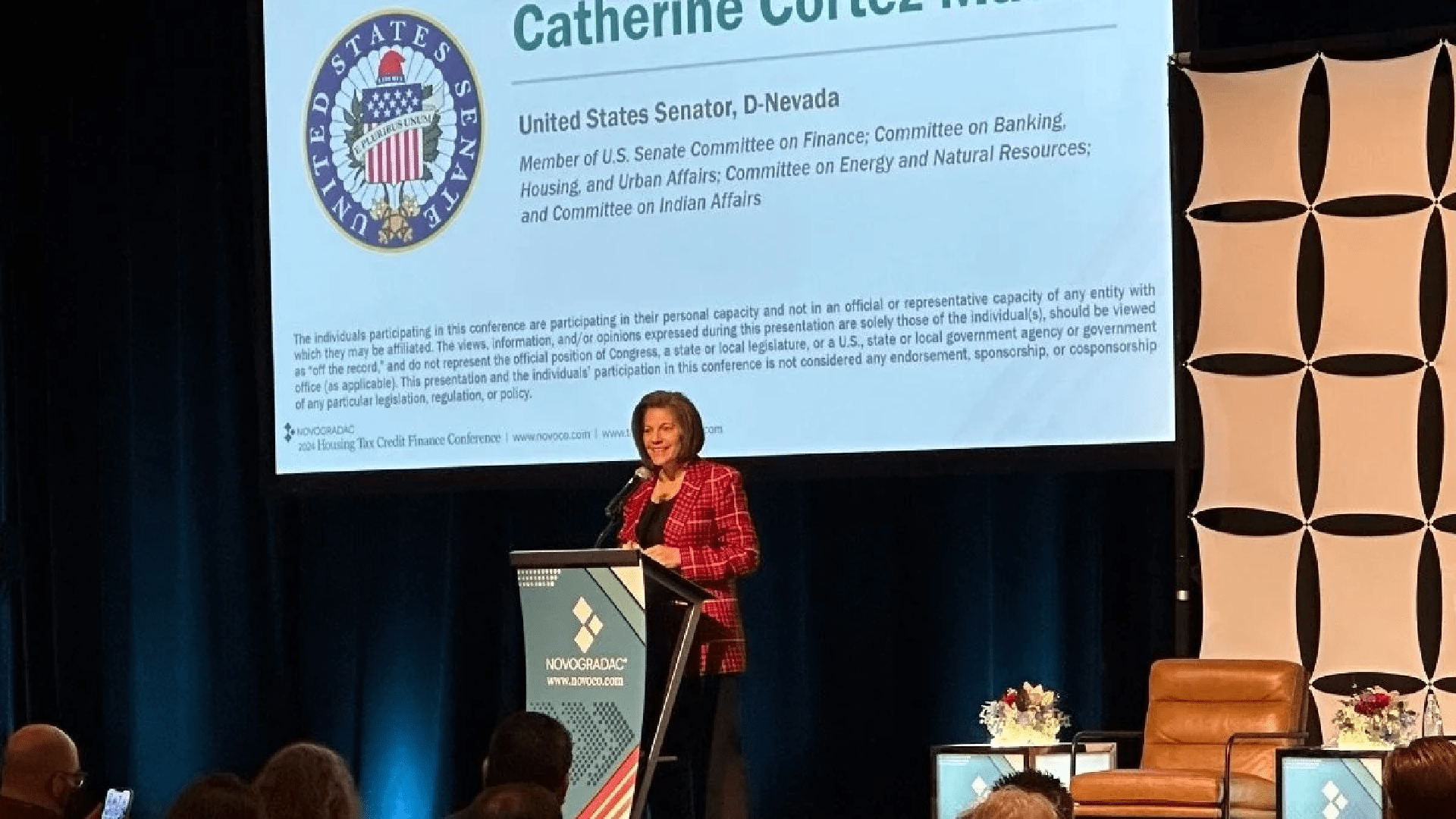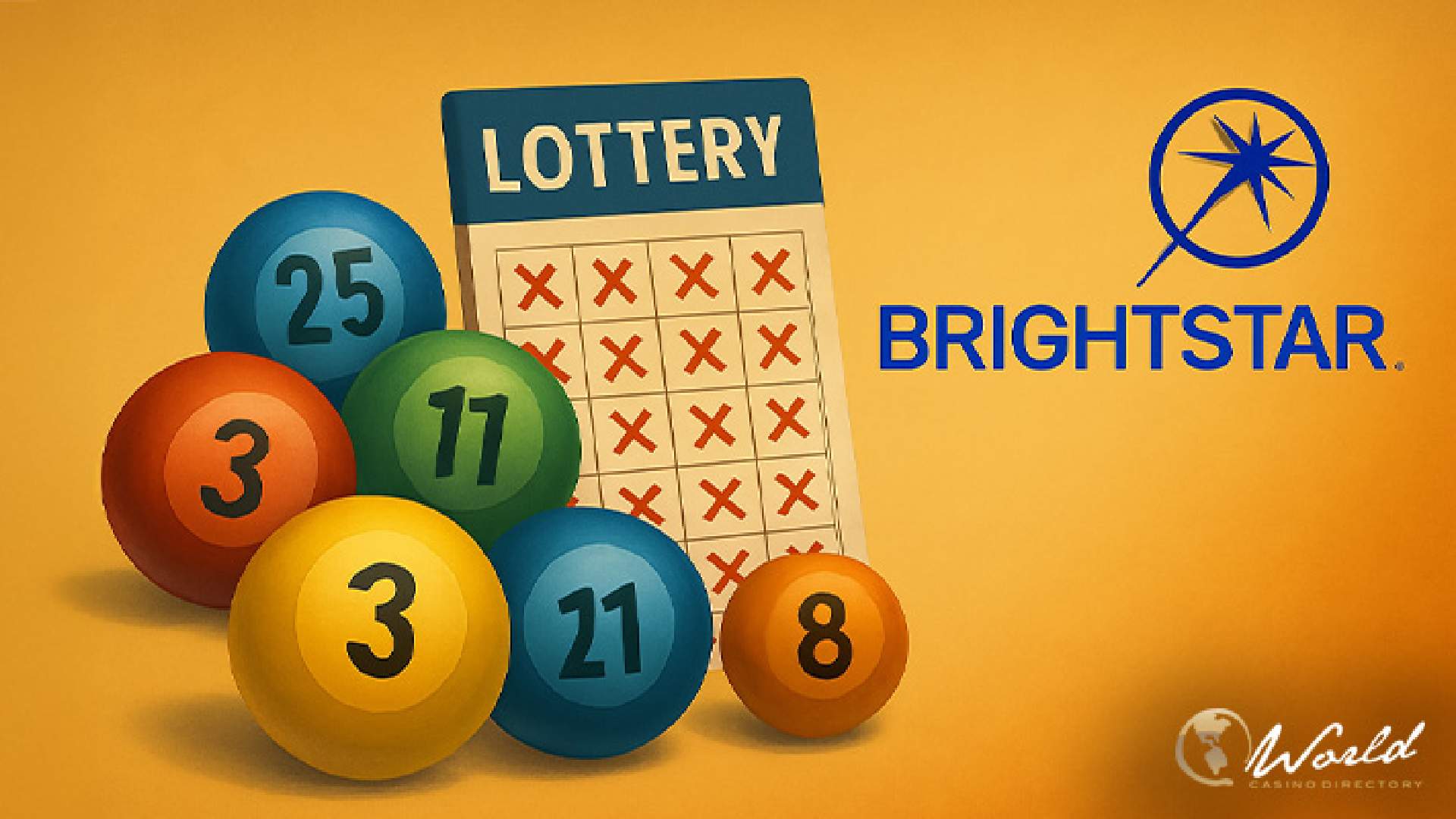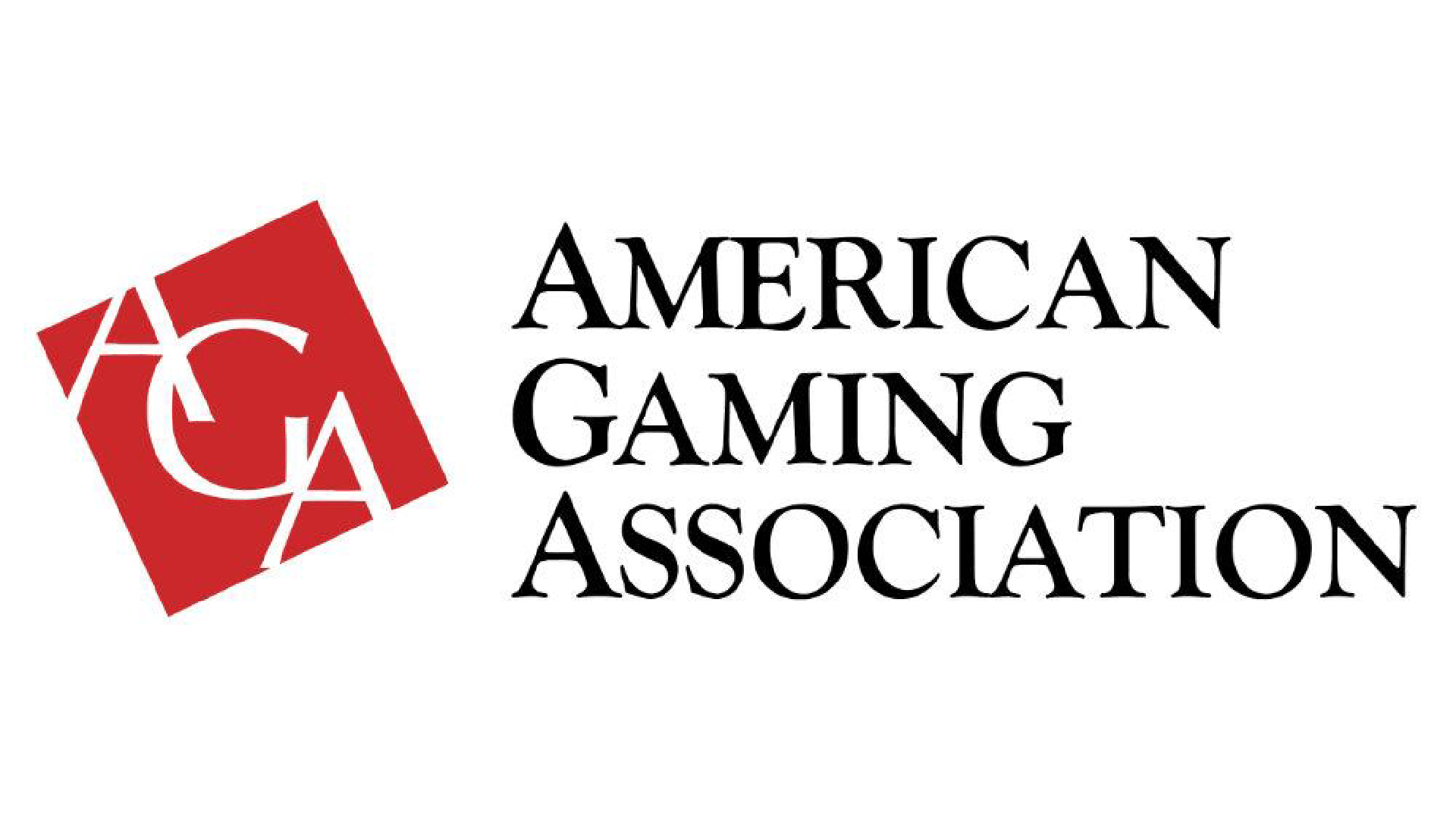WAGER Act to Repeal Federal Excise Handle Tax and Employee Head Fee Reintroduced

Legislation introduced by US Senators Cindy Hyde-Smith (R-MS) and Catherine Cortez Masto (D-NV) aims to eliminate the federal government's excise tax on sports wagers as well as the yearly employee fee that legitimate sportsbooks are required to pay.
A 1951 IRS rule requiring legal, regulated retail and online sportsbooks to pay a 0.25% handling fee on each wager they place would be waived under the Withdrawing Arduous Gaming Excise Rates Act, or WAGER Act. The $50 yearly "head" tax that sportsbooks pay to the federal government on each employee in the sports gambling industry would also be eliminated under the Senate measure.
"In Nevada, legal sports betting is a thriving industry that adds to the world-class experience of watching our championship-level professional sports teams,” said Cortez Masto. “It’s past time to exempt legal sports betting from outdated taxes that are actually incentivizing illegal sportsbooks.”
“Mississippi’s casinos and resorts play a key role in tourism, jobs, and community investment along our Gulf Coast. For too long, this outdated federal tax on sports betting has held this industry back, all while giving illegal offshore operators, and now new out-of-state run prediction markets, an unfair edge against our more traditional casinos in Mississippi and elsewhere,” added Hyde-Smith.
Outdated Law
In 1951, the Internal Revenue Code was changed by Congress to include an excise tax and a per-employee head fee for legal sports betting, which was then limited to Nevada.
The purpose of the tax was to fund federal law enforcement's efforts to target illicit bookies operating nationwide. Numerous underground gaming organizations were purportedly affiliated with criminal syndicates, including mobs.
Cortez Masto and Hyde-Smith claim that the IRS's sports betting rules are out of date, seventy-four years after the US Supreme Court struck down the federal law that had restricted lawful single-game sports betting to Nevada. Since the excise tax and employee head fees are overhead that does not apply to offshore internet sportsbooks, illegal neighborhood bookmakers, or prediction wagering exchanges, the very illicit sports betting activities that the tax regulations were intended to eradicate are now allegedly being supported by them.
Supporters of removing the excise and head taxes argue that lower overhead enables illicit bookmaking firms to provide marginally better odds as well as additional promotions and incentives.
Fees Increase
A book like DraftKings has to set aside 25 cents for the federal government on a wager of $100. That may not sound like much, but the 0.25% tax soon adds up, especially because legal sports wagers in New York alone brought in $22.6 billion last year.
According to the American Gaming Association, $147.9 billion was wagered on authorized sports wagers in 2024. In the 38 states and Washington, D.C., where sports gambling is regulated, it amounts to around $369.75 million in federal excise tax costs.
"I once asked IRS officials where the revenue from the handle tax went in the federal budget, and they didn't know," said US Representative Dina Titus (D-NV), who in February submitted her own federal legislation to remove the 0.25% sports betting handle excise tax.
According to the US Treasury, the funds are placed in its general fund.





